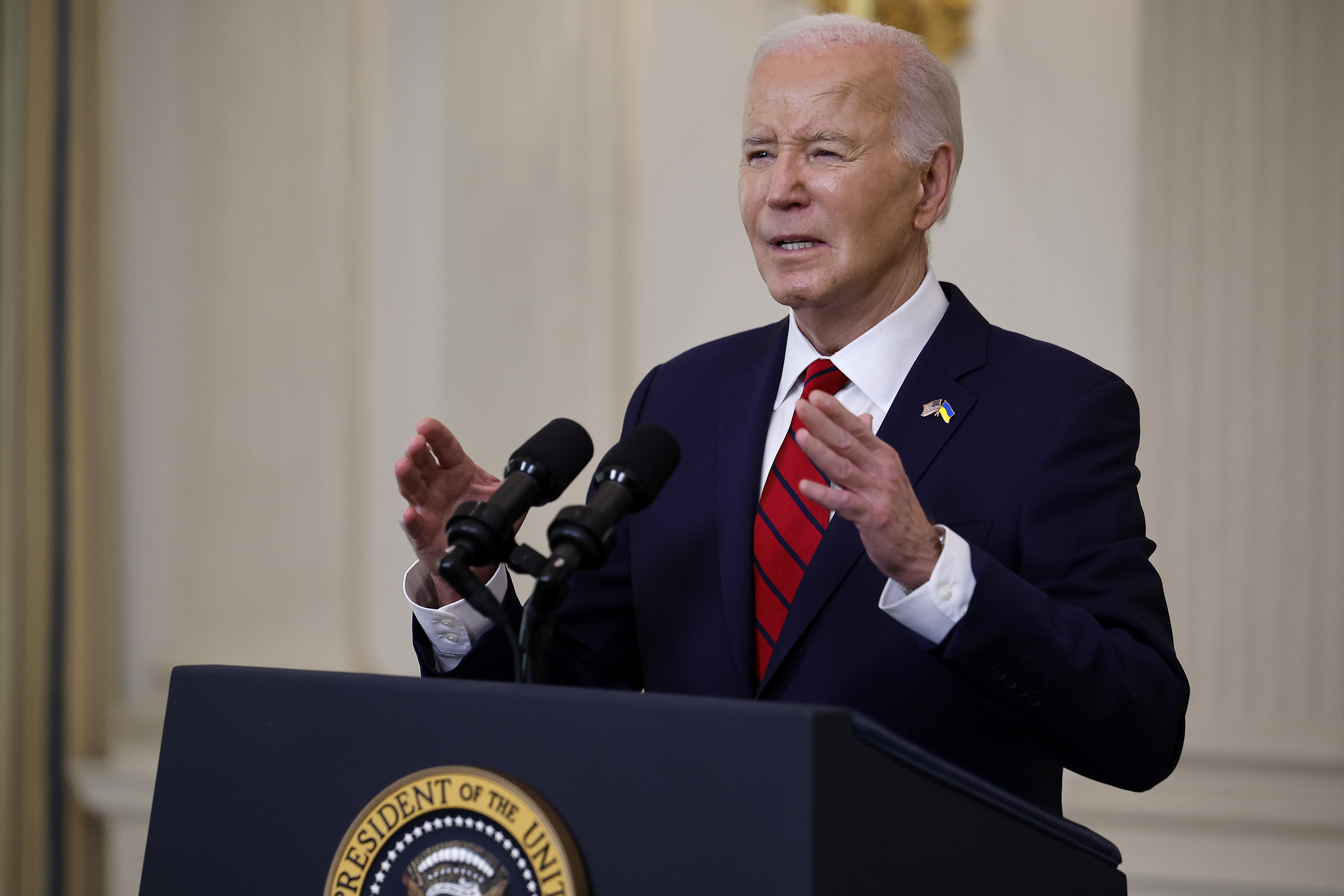
Women of the Washoe Tribe have long fought against the word “squaw," a racist slur that for more than half a century was part of the name of a famous Sierra ski resort.
The resort north of Tahoe City, California, was called Squaw Valley long before it became famous for hosting the 1960 Winter Olympics, the first one to be televised nationally.
Founded in 1949, it announced in August 2020 it was launching a search for a new name with input from the local tribe during a yearlong planning process. The resort formally switched to Palisades Tahoe in September.
“Our leaders are really glad that we are changing that name," said Dinah Pete, a member of the Washoe Tribe.
Get San Diego local news, weather forecasts, sports and lifestyle stories to your inbox. Sign up for NBC San Diego newsletters.
Emily Tessmer, a journalist and alum of Sierra Nevada University at Lake Tahoe, produced a documentary with the women of the tribe, who talk about the milestone and what the land means to them.
“I thought this could be such a cool story — to get feedback on the name change, what it means to (the tribe) and to give them a platform to stand on and speak their truth,” Tessmer told the Tahoe Daily Tribune.
She reached out to a few tribal members she knew to create the eight-minute documentary, “Walking With My Sisters.”
U.S. & World
“I know many people are saying, ‘Oh, the word doesn’t mean anything negative,’ but it does," Tessmer said. “We need to imagine what it must have been like to be in their shoes.”
Pete said some of the credit for the name change should go to the late Linda Shoshone, who was the Washoe Tribe's cultural director more than 20 years ago.
“She was the only one that was fighting against that name because it was really insulting to our (Washoe) women and what the settlers were doing to them,” Pete said.
Palisades Tahoe isn’t the first place to dump the term, which has been used as a slur, particularly for Indigenous women. Since 2003, seven states have worked to remove the name from geographical features and landmarks, and Oregon prohibits its use.
U.S. Interior Secretary Deb Haaland last month formally declared the term derogatory and said she is taking steps to remove it from federal government use and to replace other derogatory place names.
For the Washoe people, Lake Tahoe is especially important.
“It is a sacred place,” said Pete's daughter Karen Pete, who is also member of the tribe.
The tribe’s creation story identifies the alpine lake on the California-Nevada state line at an elevation of 6,200 feet (1,890 meters) as the center of their people’s world, both geographically and spiritually.
The story explains how they viewed the water as a form of life, and were brought to the land that surrounded the lake by Gewe, the coyote. For thousands of years, the tribe followed the seasons — summers at Tahoe, winters in the valley — and lived off the land not only to survive, but to learn and carry on their traditions.
“The areas around (the lake) are places where people get their food and the things that they use like the willow for baskets, the medicine, and the plants,” Karen Pete said.
The documentary includes an interview with Ron Cohen, former chief of operations of Palisades Tahoe, who was a large proponent of changing the resort's name.
Cohen explained that original stories paint an idyllic picture of settlers arriving in the area and coming in contact with Native women and children in the valleys.
“But what we learned when we did the research, is that isn’t what actually happened,” he said.
Cohen said the truth was settlers came to the land with the intention to kill the women, who the settlers referred to as “squaws.”
“That name was given because somebody had been murdered here,” he said.
Cara James-Denetsosie, another member of the Washoe Tribe, said several women in the tribe visited the lake on the day they heard in August 2020 about the initial plans to change the name.
“We sang songs and reconnected to the land, plants, water, mountains and animals," she said.
"I’ll cherish those memories forever because it’s important that we are able to maintain those relationships with the land and the water. It’s even more important to pass it down to the next generation,” she said.
Tribal members are optimistic the name change at the resort will help raise awareness overall of past injustices.
“Hopefully, they’ll understand and know what had gone on before,” Dinah Pete said. “Our younger generation is now realizing what happened to the women.”
James-Denetsosie said there are fewer and fewer elders still around to share the traditional culture of Washoe life.
“Our world is rapidly changing and unpredictable due to the aridification of the land we now reside on,” she said. “We need to keep educating people on our history. We need to remind them of the land they are on.”



